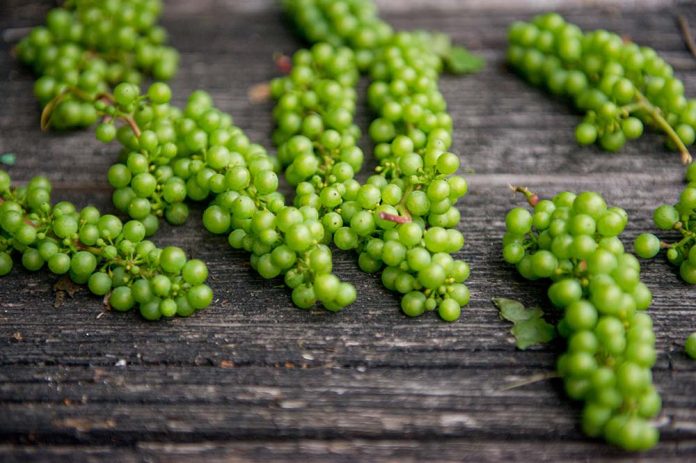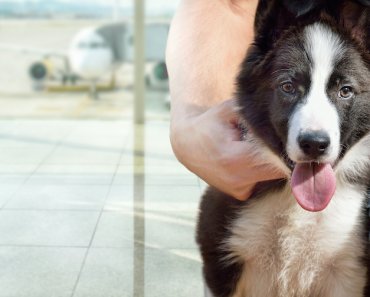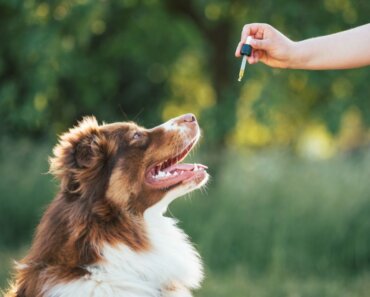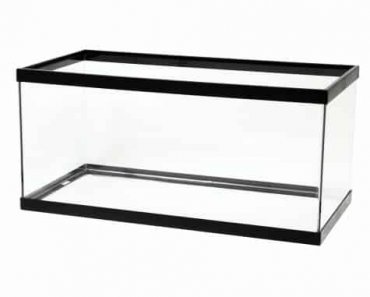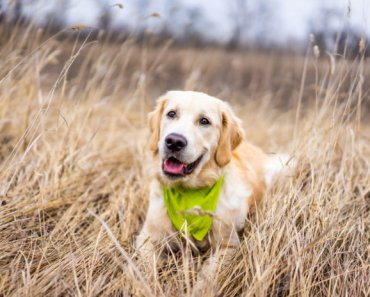Bearded dragons can be fussy eaters. In fact, some owners find their dragons to be very picky indeed! This is why owners search for foods their dragons will really enjoy. Dragons that are fed incorrectly can get sick, so it’s important to know what they can eat safely.
Bearded dragons can safely eat grapes. They can also eat grape leaves without issue. However, they are not appropriate for everyday food. Make sure you clean the grapes before feeding them to your bearded dragon.
Why is the high water content dangerous? And why shouldn’t bearded dragons eat too much sugar? Read on to find out.
Grapes are a tasty snack, but should not be eaten daily
Many bearded dragon keepers find their pets to be fussy. But these dragons often prefer fruits to vegetables and leafy greens. Some owners, thinking fruits are just as healthy as vegetables, throw their lot in with the sweetness of fruits. As a result, their dragons don’t get proper nourishment.
Grapes are not poisonous to bearded dragons, but you do have to be careful when feeding grapes to your dragon. They contain a lot of water and sugar, so they should not be treated as everyday foods. Also, be careful only to choose seedless grapes.
What about green, red, purple, and black grapes?
Most grape types have similar nutrient contents—and similarly high levels of sugar. Obviously, they are all also full of water. So, apply the advice in this guide to all types of grapes.
Can bearded dragons eat grape leaves?
Yes definitely! All the warnings that relate to grapes are the exact opposite of grape leaves. Grape leaves are full of protein and calcium, low in phosphorous, and are an ideal food for bearded dragons.
Can bearded dragons eat grape skin?
Grape skins are not a problem. They are easy to digest and bearded dragons can swallow the skins without any issues. However, don’t take this as a cue to feed them to your bearded dragon every day.
How often can they eat grapes?
Once a week is probably the safest frequency to feed grapes to your bearded dragon.
However, there is no absolute answer to this, since it depends on your bearded dragon’s diet as a whole. If it already eats more fruits than vegetables, then it should eat grapes only rarely.
On the other hand, if your bearded dragon has a diet that prioritises vegetables and leafy greens over fruits, then you can factor in grapes more regularly.
In other words, if your bearded dragon is not fat or overfed at all, there is no problem feeding it a couple of grapes once a week.
Like training a child to eat vegetables, or a pet cat to take its medicine, you can use grapes to get your dragon to eat more greens. You can accomplish this with two methods:
- Cut a grape in half. Rub its flesh on some leafy greens. This will make the greens smell and taste like the sweetness of the grape.
- Cut a grape into many small pieces and mix it in with chunks of vegetable or leafy greens. One small grape per bowl of greens should be quite enough.
What is so dangerous about grapes?
Grapes seem harmful enough, but there are a surprising number of things to consider before you feed them to your dragon. They have seeds; high sugar and water content; and contain oxalates. While humans don’t need to think about any of these, your delicate dragon’s gut needs more careful consideration.
Grape seeds
Grape seeds are insignificant crunchy bits for humans, but for bearded dragons they can pose bigger problems.
If a bearded dragon swallows a whole grape seed, it can cause impaction. This means that the dragon will not be able to initiate a bowel movement until it gets help… or die. This may seem hyperbolic but there have been many cases of bearded dragons dying after eating stony fruits – like grapes – so beware!
Grapes are high in sugar and water
Bearded dragons do not need a lot of water. They also don’t need much sugar. This is because they are adapted to living in very specific, and arid, environments.
Bearded dragons are native to the dry woodlands of Australia, and are accustomed to low levels of hydration. It is the same with any desert-dwelling animal. They are used to taking on whatever water they can, and then going without hydration for long periods.
Why is it bad for a bearded dragon to take in too much water? It may seem counter intuitive but over hydration can be dangerous for an animal that is accustomed to living in arid areas.
Grapes contain a lot of water. A bearded dragon’s gut isn’t used to taking in a lot of water in one go. As a result, grapes can cause diarrhea. Diarrhea dehydrates bearded dragons too much. This leads to health problems.
The high sugar content of grapes can also lead to health issues, such as fatty liver diseases, diabetes, and, believe it or not, obesity. These concerns cause a surprisingly high number of deaths in captive bearded dragons. It’s not only humans that can get too fat!
Grapes contain oxalates
Oxalates bind to calcium, which is a necessary nutrient for bearded dragons. This means, if your bearded dragon ingests precisely the perfect amount of calcium per day, and you feed it grapes, then it will have a net deficiency of that nutrient.
While grapes are relatively low in oxalates, this is still an important thing to consider.
What is good about grapes?
While it is important to know about the negative aspects of grapes, it is also good to know about the good aspects. Grapes are high in fiber, which is an essential nutrient for bearded dragons – indeed, for any animal with a digestive tract.
Grapes are also packed with vitamins C, K and other minerals. They also provide high levels of antioxidants, which help to prevent or slow damage to cells caused by unstable molecules that the body produces as a reaction to envioronmental and other pressures.
Finally, most bearded dragons find grapes delicious. You can use this to your advantage, by following the steps, outlined above, to encourage your bearded dragon to eat more healthy foods.
How to prepare grapes
The only really important thing to remember when preparing grapes for your bearded dragon is to remove all the seeds. They may seem tiny and problem-free to your digestive tract, but they can pose problems for delicate bearded dragons. Otherwise, as long as you limit your bearded dragon’s grape consumption to once per week, you shouldn’t have an problems.
Conclusion
For all animals in captivity, finding the right diet is about striking a balance. Humans need certain nutrients, fats, proteins and sugars; the same goes for bearded dragons. If unhealthy (but tempting) foods are available in abundance, bearded dragons, just like humans, will eat too much and overfeed themselves.
It is vital that you understand the nutrient contents of the foods you feed to your bearded dragon. In the wild, bearded dragons do not have access to foods that are high in sugar and water. So be mindful of drifting too far away from your dragon’s natural diet.
Did we miss anything? If you have any thoughts you’d like to share, please write them in the comments below. As usual, feel free to share this guide with any of your fellow dragon-keepers!

